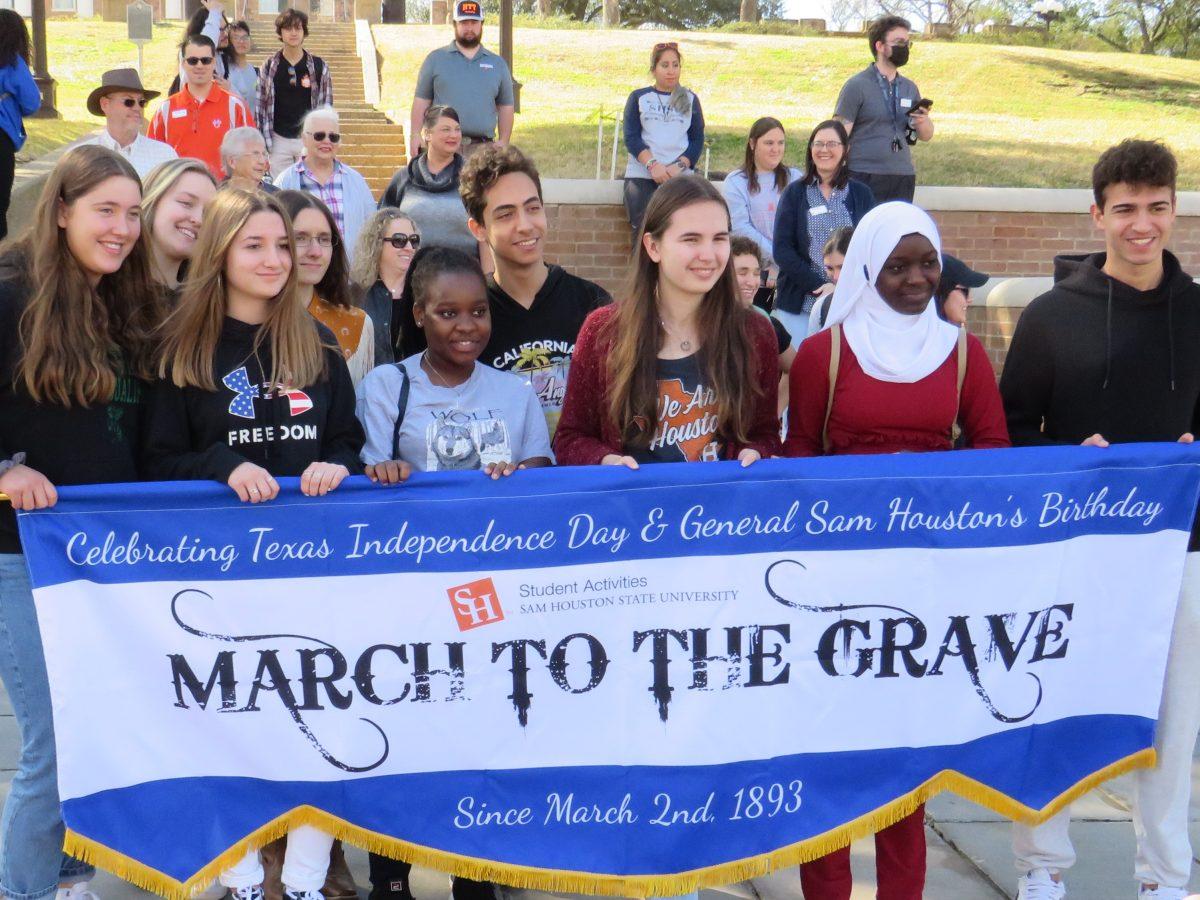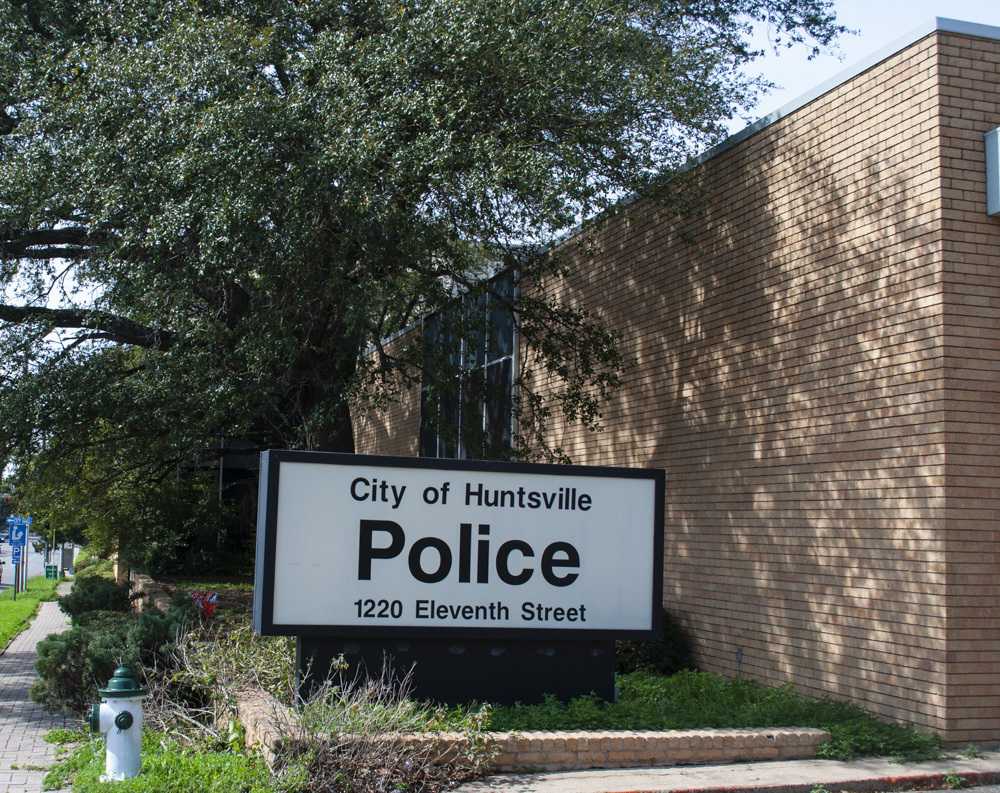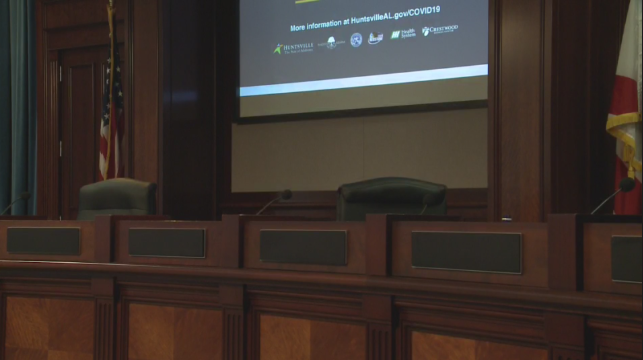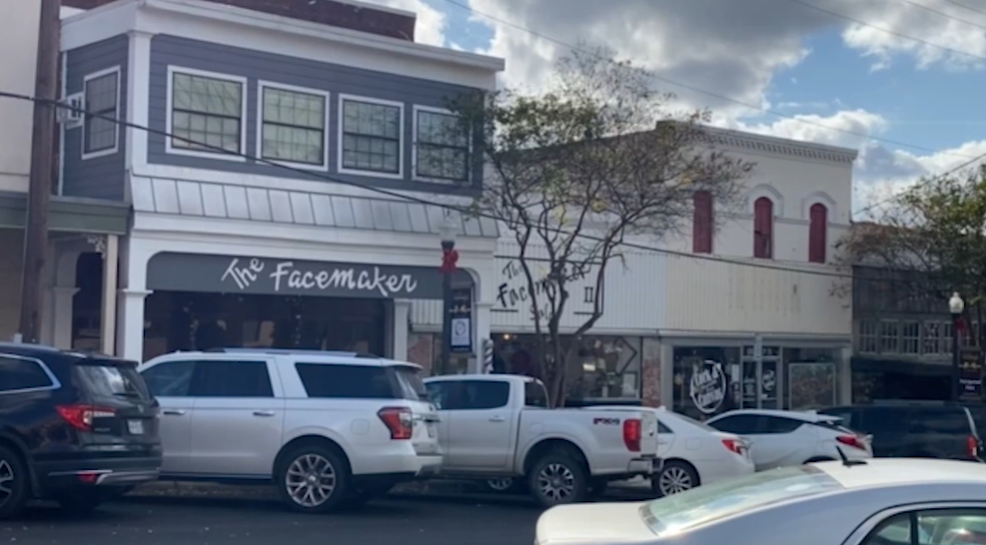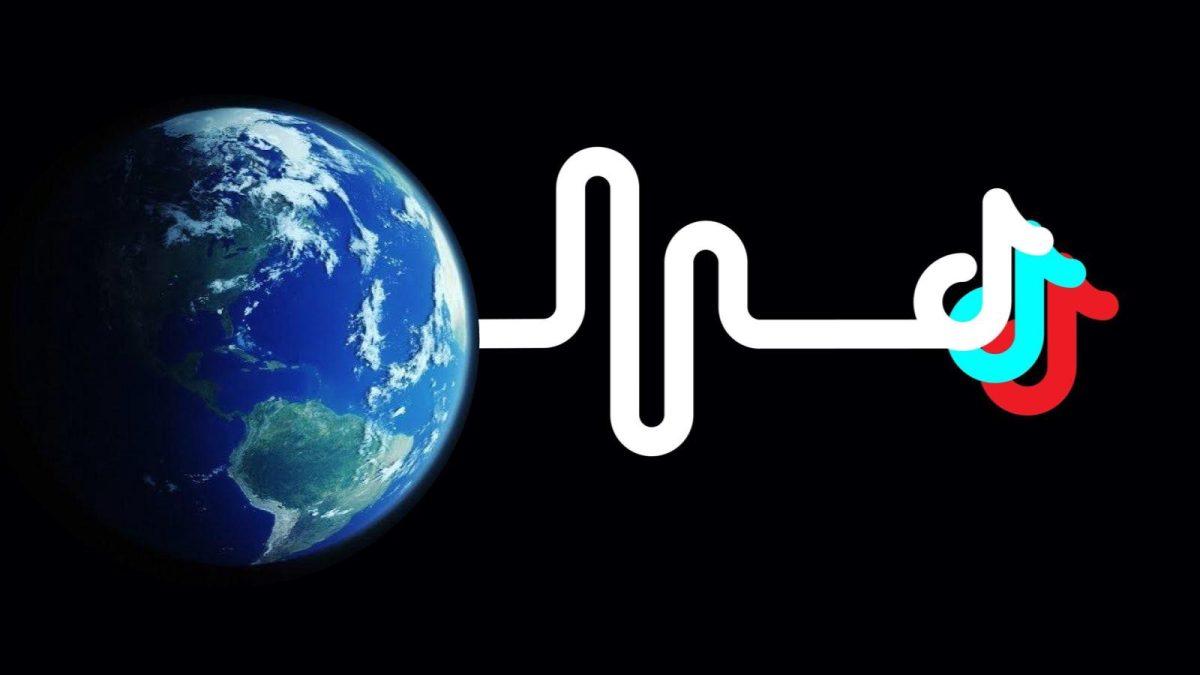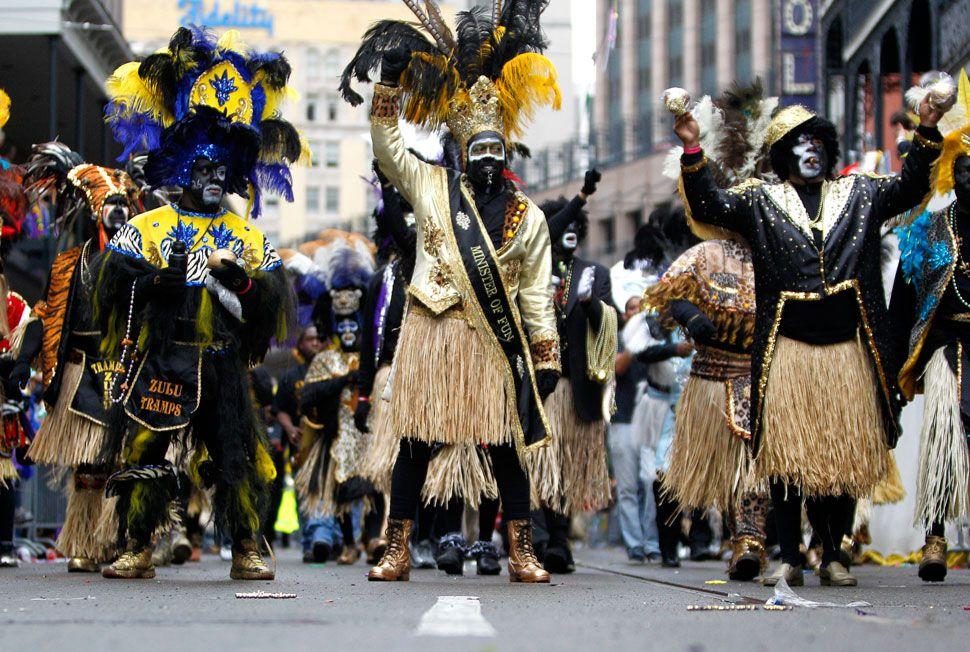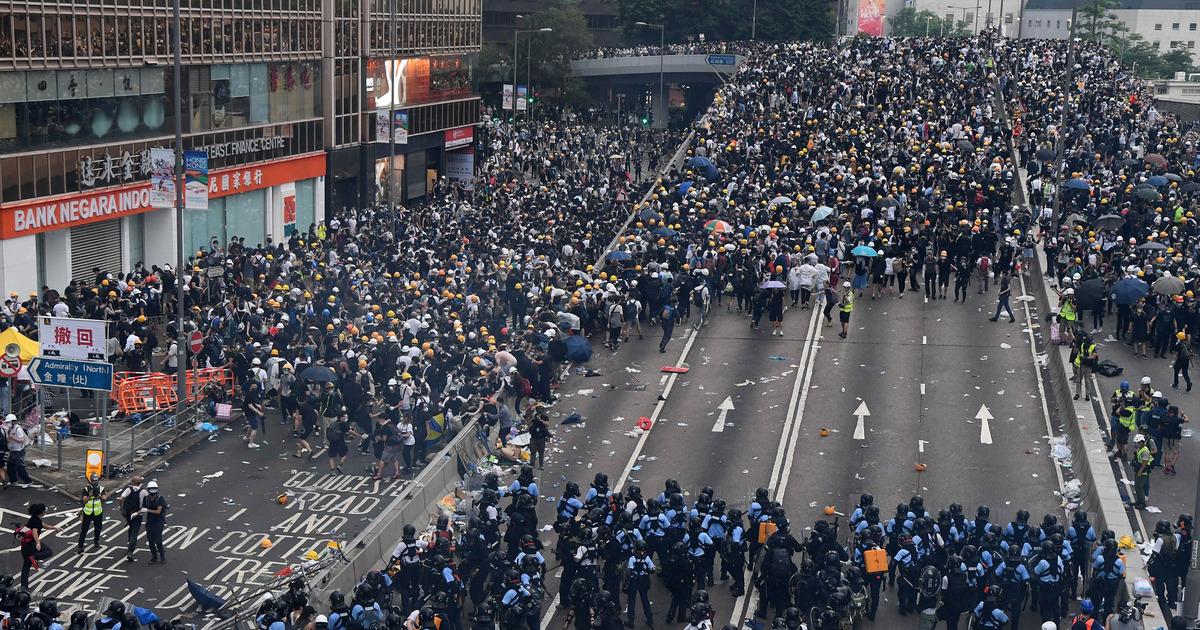Peace and non-violence were key points of a speech made by the son of a man who planned a deadly attack on American soil.
Zak Ebrahim is the son of El-Sayyid Nasair, who is currently serving six consecutive life sentences in prison after shooting and killing the leader of the Jewish Defense League. Even more infamously, from prison Ebrahim’s father coauthored the first bombing of the World Trade Center in 1993.
Hosted by the Global Center for Journalism and Democracy and the College of Criminal Justice, Ebrahim spoke about his life to a full house of students and faculty on the campus of Sam Houston State University Tuesday night. Following his autobiographical speech, Ebrahim also conducted a Q&A with the audience and participated in a book signing of his book “The Terrorist’s Son.”
“It’s a foolish mistake to believe religious extremism is exclusive to Islam as there are endless examples in every belief system of religiously motivated violence,” Ebrahim said. “But as a society, we cannot ostracize entire communities based on the actions of few. In fact, if history is any indication in a free society there will always be acts of terrorism perpetrated in the name of one’s beliefs. But by ostracizing the innocent, we tear apart the fabric of our society which only works to ferment the next generation of intolerance.”
Despite the religious household in which he grew up, Ebrahim disclosed that he is no longer of the Islamic faith and has since become an Atheist.
The first anecdote Ebrahim recanted from his life was when he was six years old and following Friday mosque prayer, he asked his father when he became such a “good Muslim.” Nasair’s response was “when I came to America and saw everything that was wrong with it.” An instance that would soon change his entire family dynamic.
At the height of the Afghan war, Ebrahim was forced to say goodbye to one of his friends whose stepfather took he and his siblings from America to Pakistan to train and fight in Afghanistan. At ten years old, Ebrahim’s friend was used to launch grenades at the enemy’s occupying forces.
“When he returned to America less than a year later, where once there stood a happy child now stood a solid veteran of the Afghan war,” Ebrahim said. “He was a shadow of his former self. His innocence taken from him by a war he had no business being a part of. This is what happens when we use violence as a resolution of conflict.”
On November 5, 1990 when Ebrahim was 7 years old, his father assassinated Rabbi Meir Kahana, a controversial religious leader and right-winged politician. Although acquitted from the initial murder charge, it was later found that Nasair had begun plans to attack many American landmarks many of which were foiled by the FBI—except for the bombing of the World Trade Center in 1993 which killed six people and injured more than a thousand others.
“It saddens me to think that had they not committed this crime, the innocent victims killed in the attack would be at home spending time with their loved ones,” Ebrahim said. “Instead, their families are forced to live without their guidance and companionship. I was 7 years old when my father went to prison and there’s not a day that goes by that I don’t wish he had chosen a peaceful life with his family. Instead he exposed me from a very young age to the intolerance and radical nature of extremism.”
Ebrahim spent years routinely visiting his father in prison until his mother remarried and the family decided to no longer associate with their imprisoned father, while changing their name to hide their identity from the community out of shame and fear.
By the time he was 19 years old, Ebrahim had moved 20 times in life causing perpetual bullying and a lack friends or people skills. However, taking a job at Busch Gardens, Ebrahim was exposed to a diverse and accepting culture which changed his outlook on life.
“Being exposed to the outside world allowed me to recognize my own moral failure,” Ebrahim said. “It showed me that a person’s race, religion or sexual orientation had nothing to do with the quality of one’s character. Each time we divide people into smaller and smaller groups based on one arbitrary distinction or another we create communities engraved with hostility toward one another.”
Ebrahim urged the audience to encourage conversation amongst a variety of people to strengthen society. He also advocated for others to combat extremist violence by not giving into fear.
“Killing them doesn’t work,” Ebrahim said. “You can’t bomb people into a democracy. These ideologies cannot be destroyed with guns or missals. We live in a system designed by human beings, they are not perfect and we have the power to change that.”
Ebrahim’s father strived to make contact with his son not long ago, however the communication via email was short-lived after his father learned of his son’s conversion to Atheism.
“As I mature I realize the only way that I can overcome the challenges of my past which at times has been crippling, is to help others understand that hatred only produces more hatred,” Ebrahim said. “But belief in non-violence at the least provides an opportunity that those cycles of violence don’t have to continue forever. I am not my father. And with that simple fact, I stand here as proof that violence is not inherent in one’s religion or race and that the son does not have to follow the ways of his father.”
Through the acts he was subjected to by his father, Ebrahim now lives his life devoted to promoting a life of peace, rather than violence.
“No matter the level of violence you’ve been exposed to it doesn’t have to define your character,” Ebrahim said. “In all of us is the ability to change our paths.”








